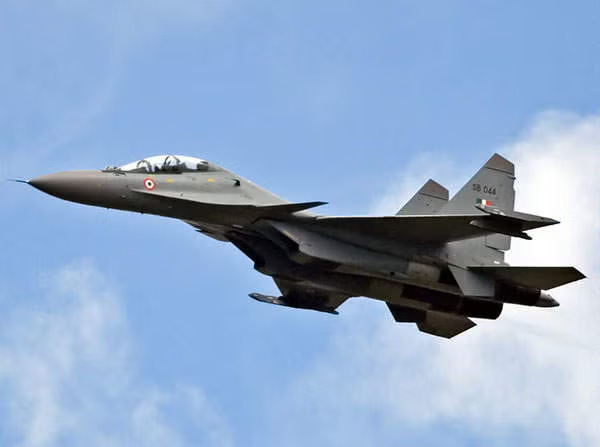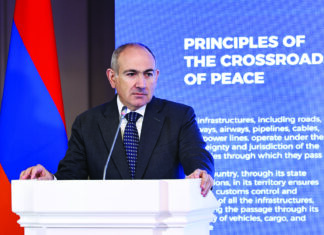WEST NEWTON, Mass. – “Tevanik,” a dramatic film about the Karabagh war, was shown in various cities of the US in January, and its director, Jivan Avetisyan, came from Armenia to speak at these different venues. They included Los Angeles, San Francisco, New Jersey, Washington, DC and Boston. There were various local cosponsors. In the Boston area the Sayat Nova Dance Company (SNDC) was the host, and filled to capacity the West Newton Cinema for the evening. Arick Gevorkian, US representative of the film, traveled with Avetisyan from Los Angeles to participate in the presentation.
Prior to the start of the film, Apo Ashjian, SNDC director, thanked the audience for its support, and said, “I myself have seen this movie three or four times already, and every time I watch this film, I take away with me something different. It is meaningful films like this that give our community hope strength and the will to persevere to do what we all do on a daily basis in this community.”
This is a very beautiful film, in large part because of the breathtaking images of the Karabagh countryside. The film is constructed somewhat unconventionally, with three parallel segments portraying episodes taking place during one day in a Karabagh village in 1991 from the perspective of three Armenians — Aram, Astghik and Tevanik. These Armenians are all children or young adolescents, so they view the world differently than adults would, but villagers of all ages have important roles in the film.
The filming took place in the Karabagh villages of Badara and Kachen during the summer of 2013. It is not only the scenery and plot that are authentic; the actors in the 81-minute-film speak in the Karabagh dialect of Armenian (English subtitles are provided), except for the commander who was from the diaspora and speaks Western Armenian. Avetisyan said he felt that “the film would have been false if it were not in the Karabagh dialect.”
Each of the three sections of the film is about loss due to war. Little Aram’s mother is Azerbaijani and his father Armenian. When the village is surrounded by Azerbaijani forces, the Armenians turn on his mother and tensions become dangerous, forcing her to leave with her younger son. Aram and his father are left behind, thus the family is shattered and the happiness of Aram’s childhood ends. This segment is subtitled “Sonnet.” The second part, subtitled “Elegy,” focuses on Astghik and other women around her. She loses her friendship with Aram and her father, brother and grandfather to the war.






